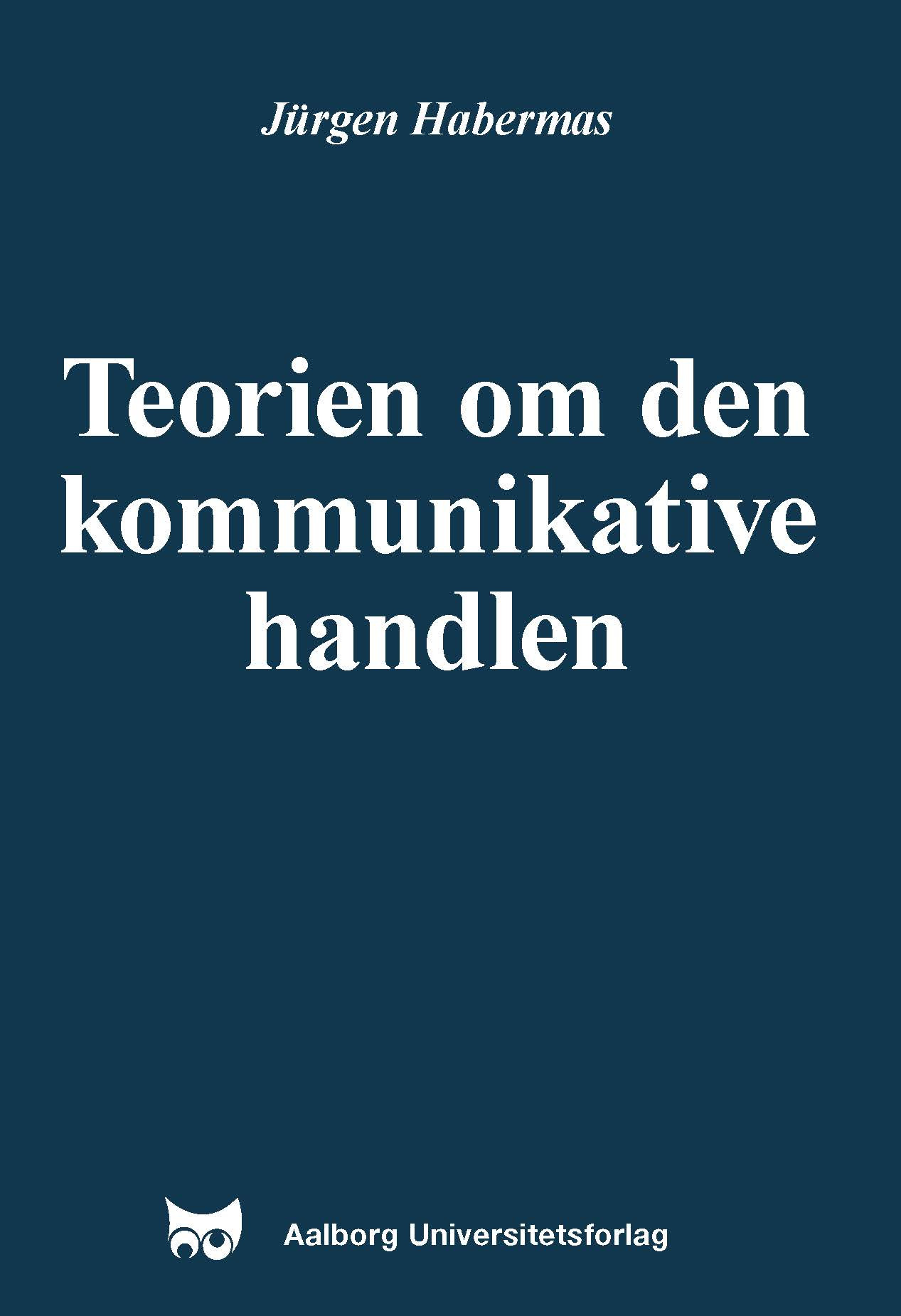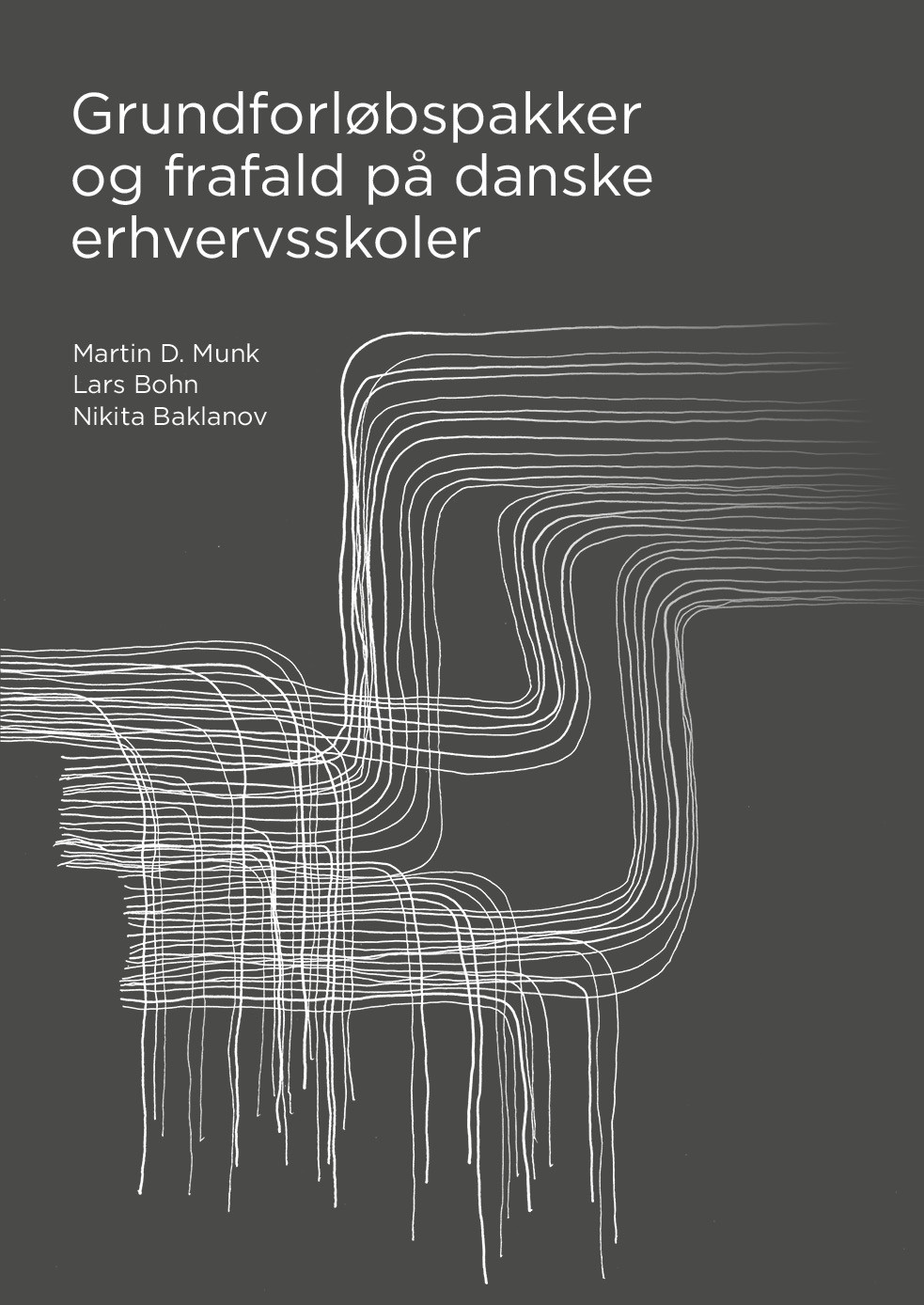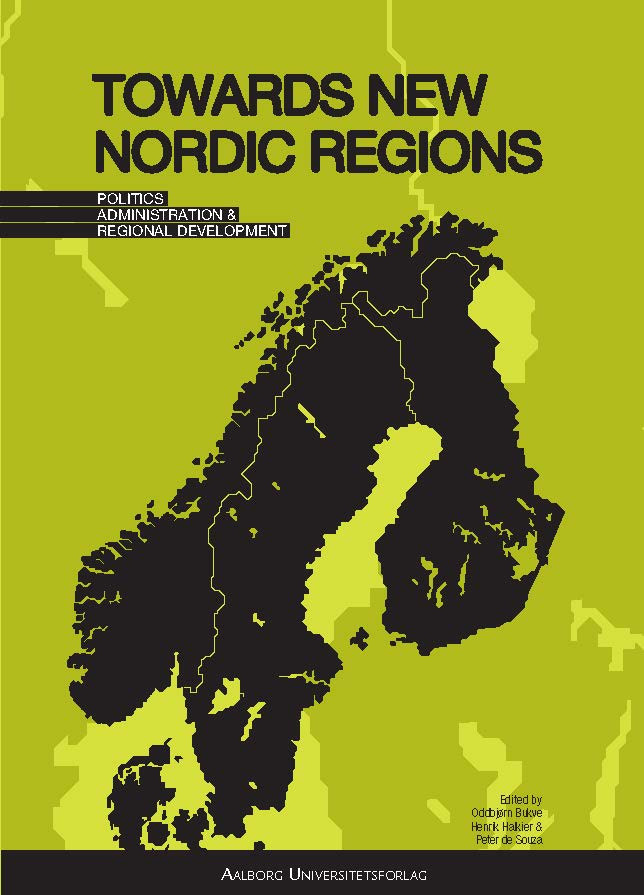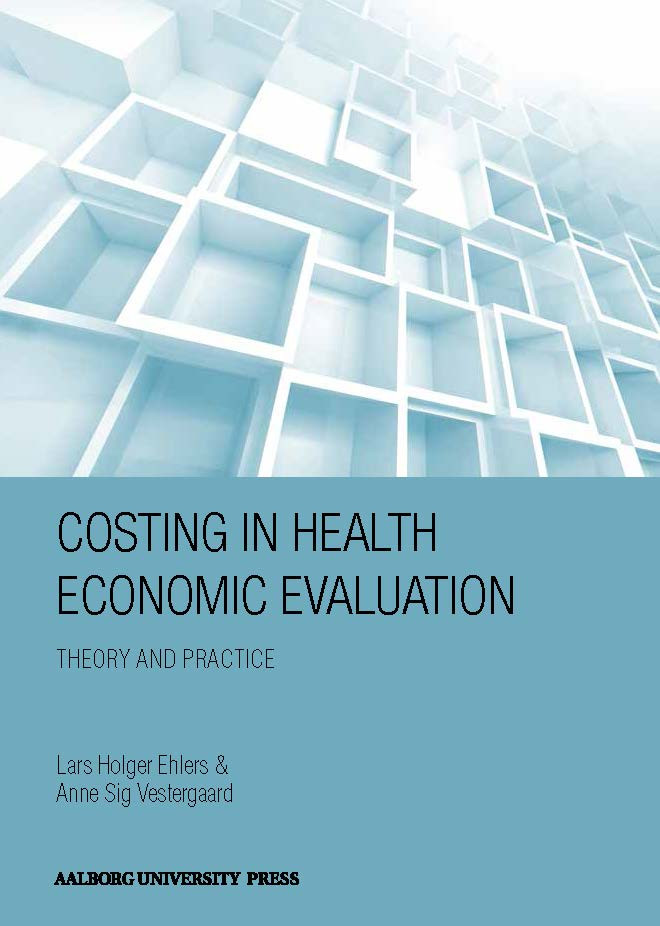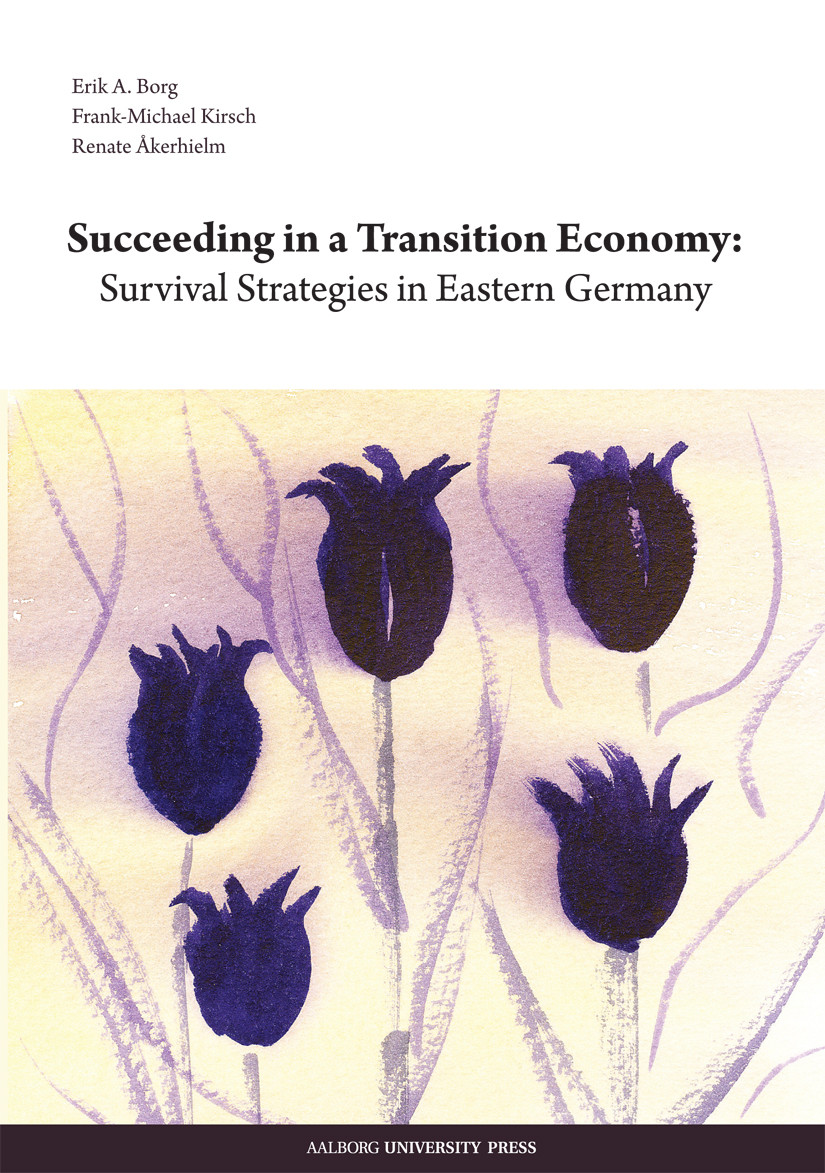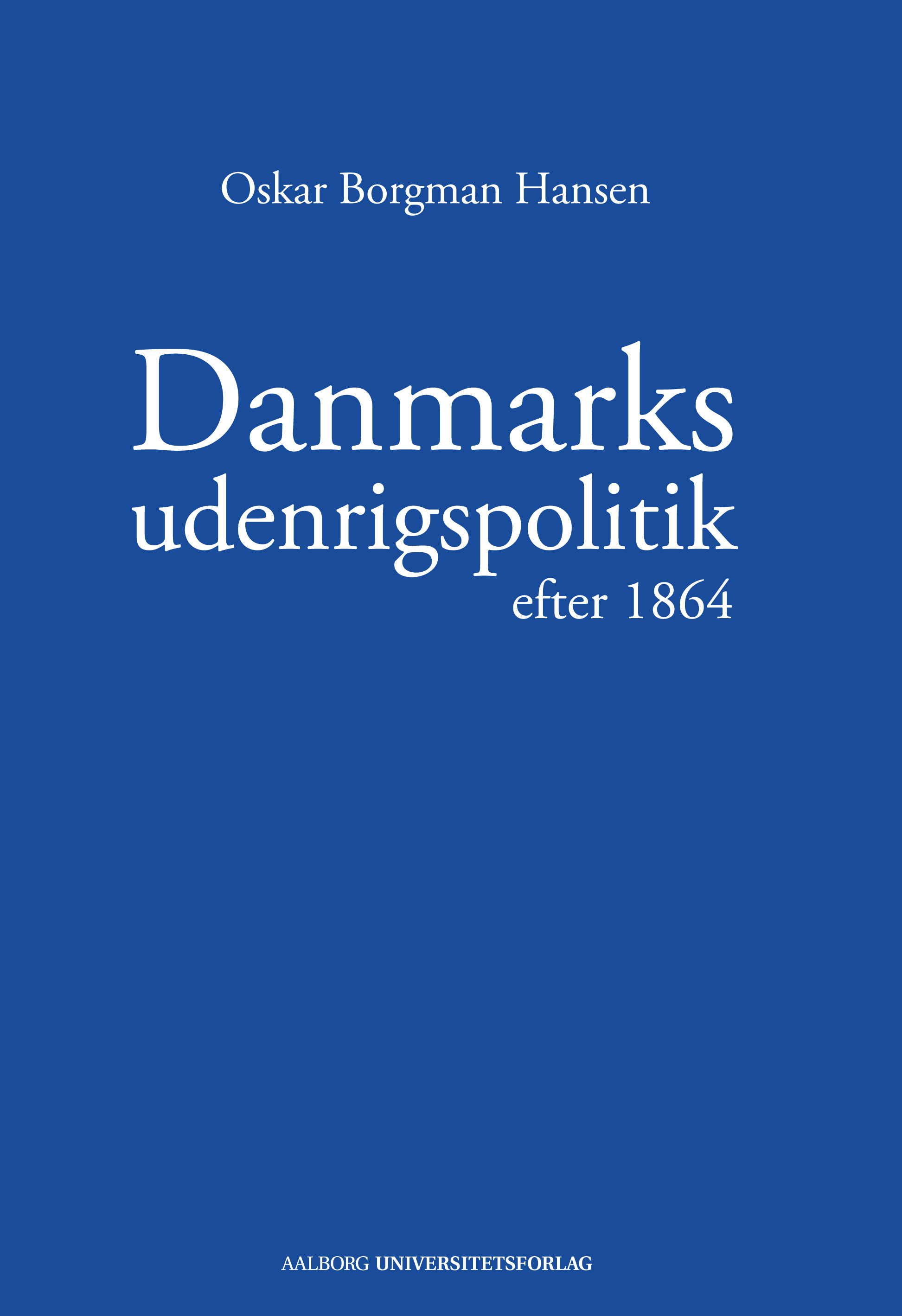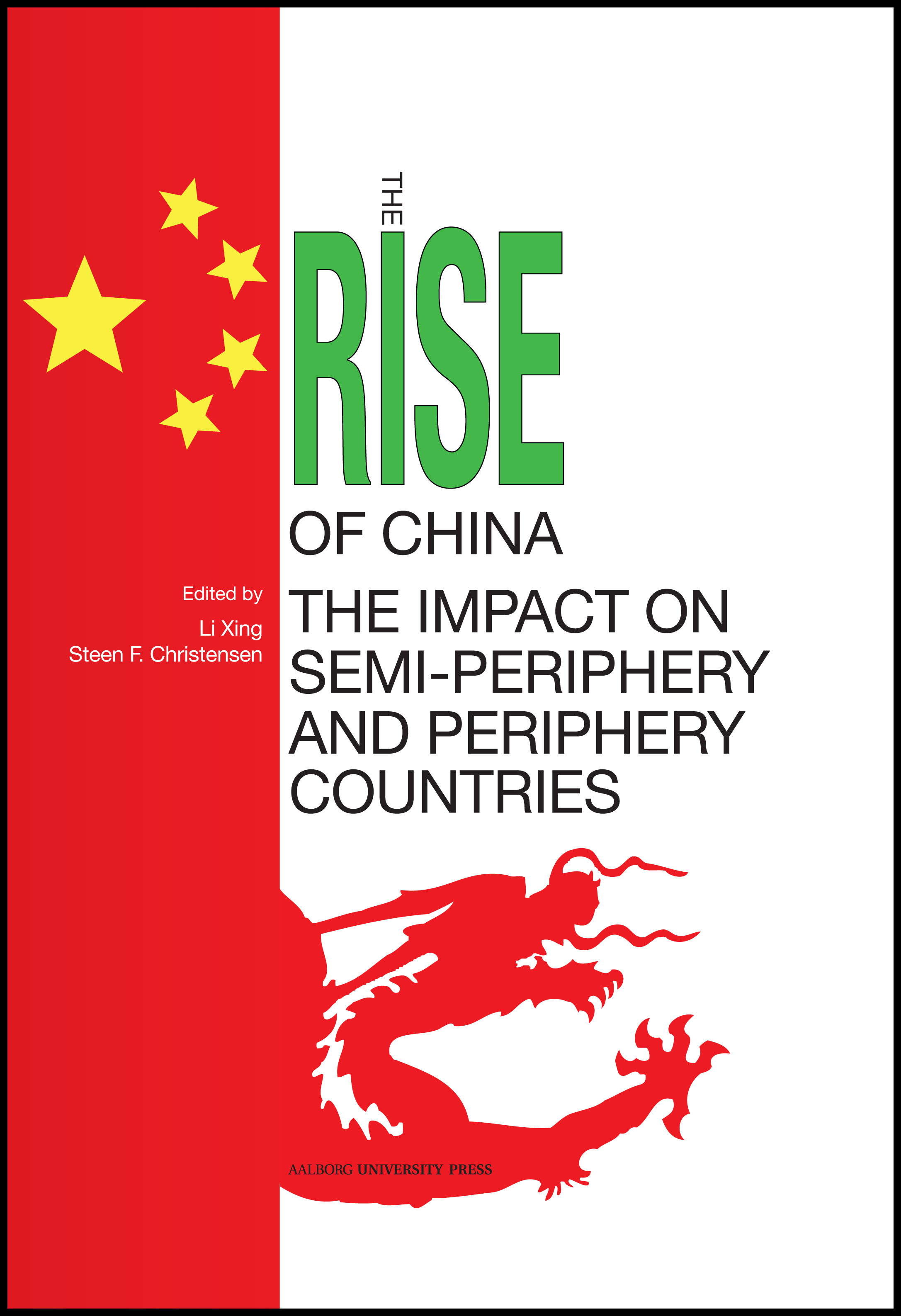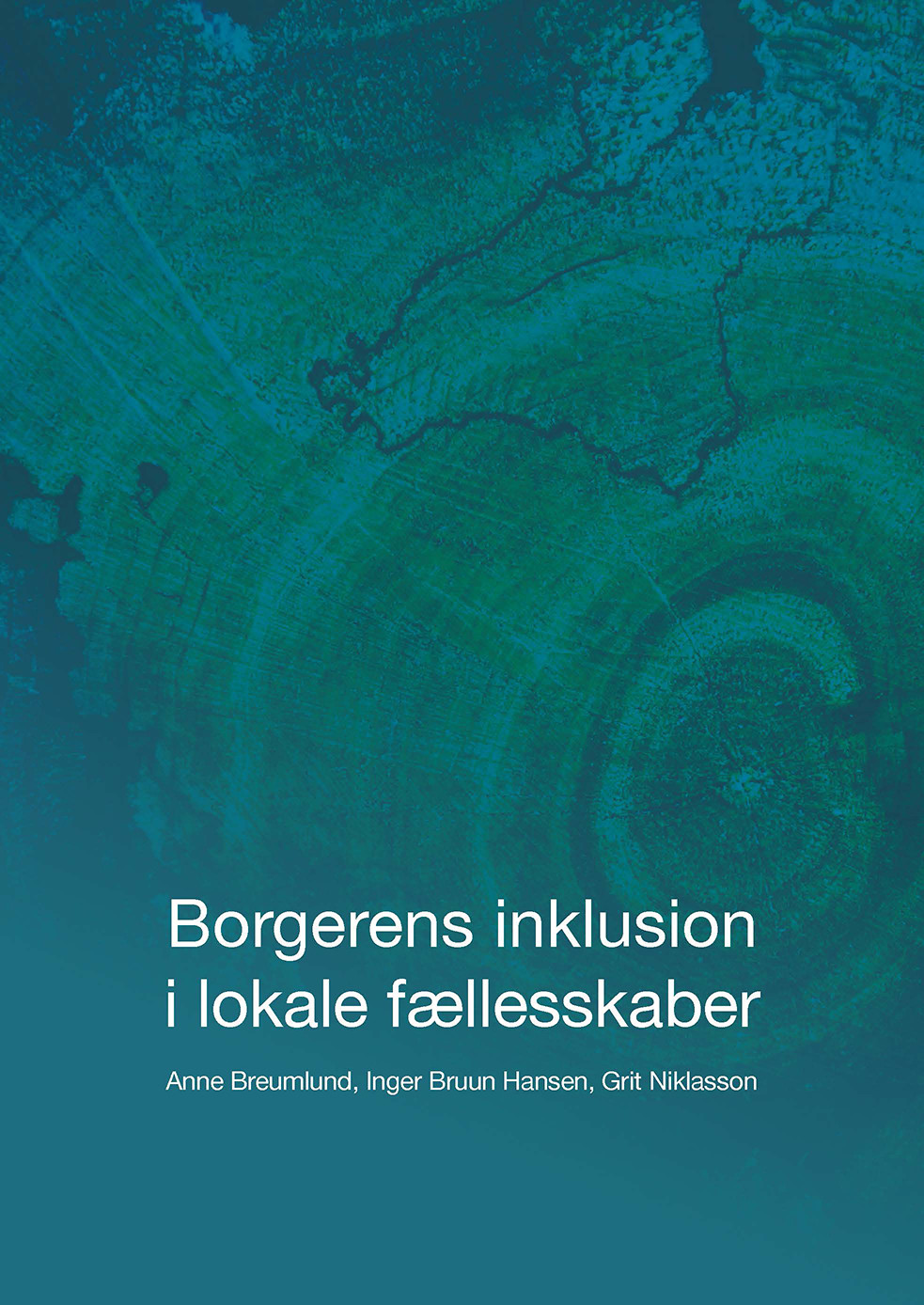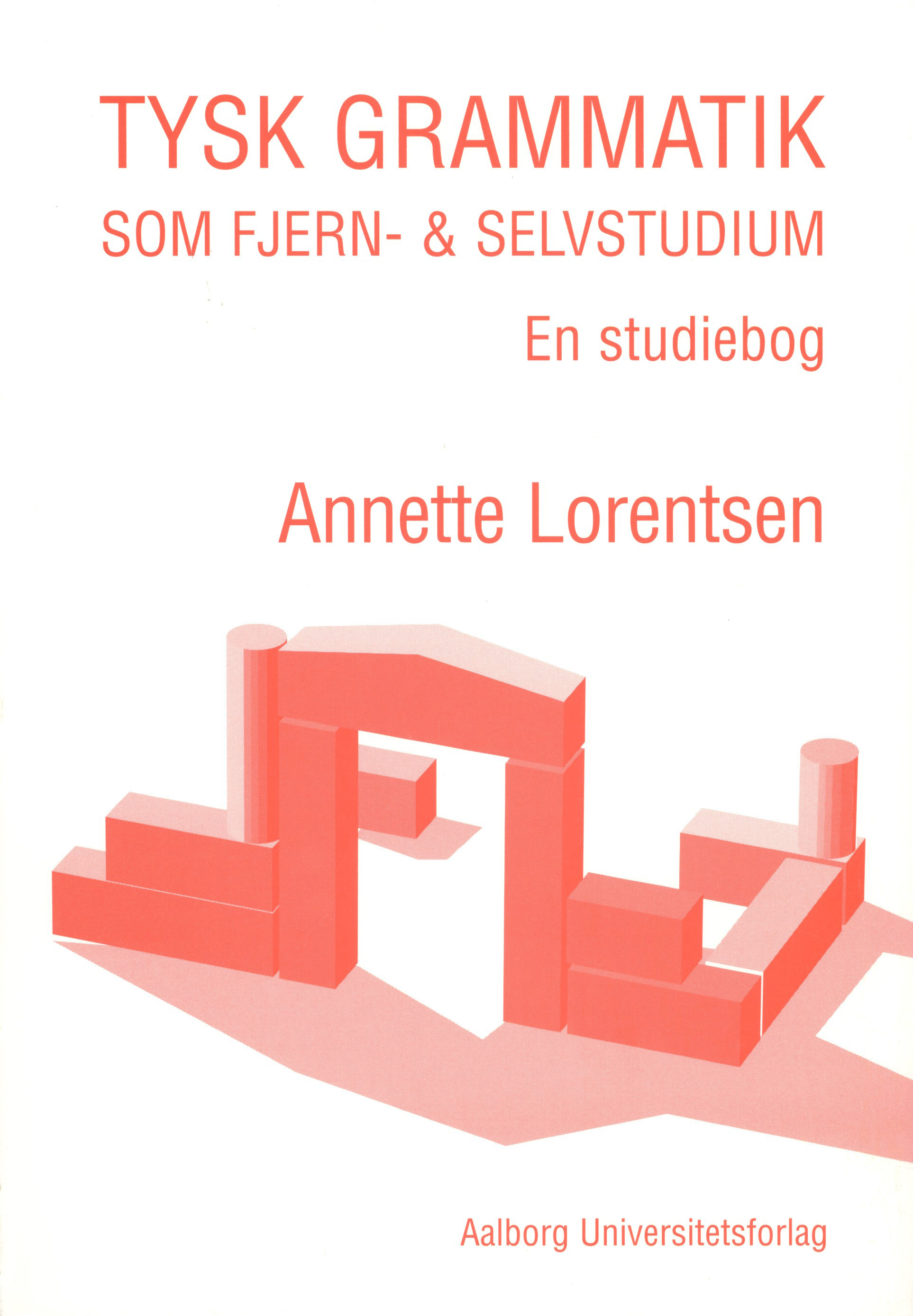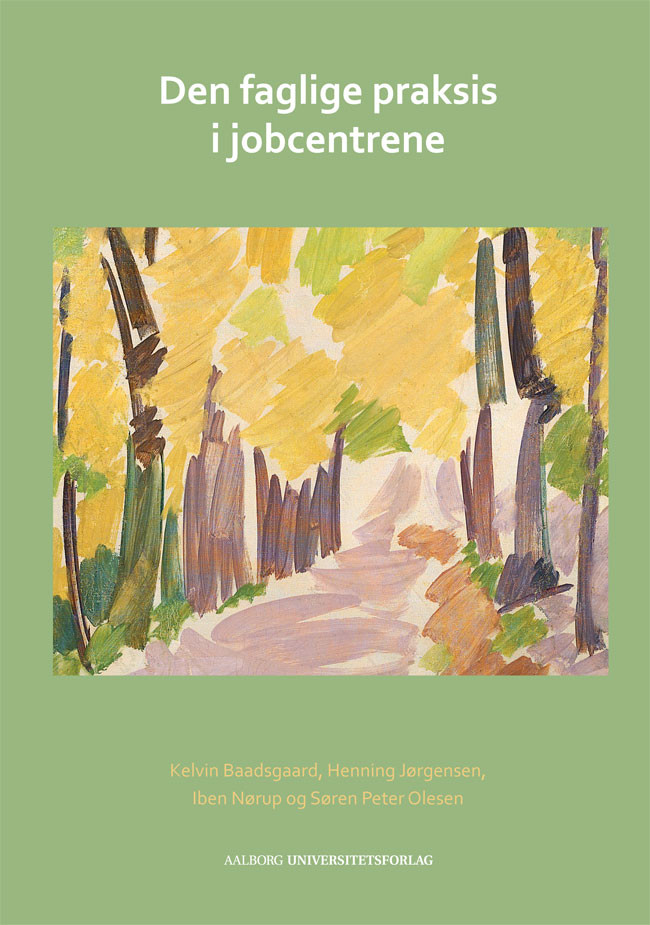Reconceptualising NGOs and their roles in Development
Af redaktør paul opoku-mensah , david lewis , terje tvedt
"A set of myths about NGOs and their performances
exists - of both positive and negative kind."
Twenty years after NGOs first emerged as objects of development research, much of the research on non-governmental organisations (NGOs) and development to date has been of a variable quality. While much useful work has been done, the development NGO research field is nonetheless characterised by a combination of an over-identification with NGOs, an excessive emphasis on technical/organisational issues and a lack of theoretical-contextual analysis. The result has been work that often bows to policy rhetoric and uncritically and unhelpfully serves to sustain a set of myths about NGOs and their performance - of both a positive and a negative kind. This volume seeks to present less well-rehearsed perspectives. Its thirteen chapters are each written by authoritative researchers in the field. The book has two main objectives: to describe and interpret key aspects of NGOs changing roles in devel- opment, and to present new analytical approaches. A key priority is to present work that is rooted in stronger theoretical frameworks than has previously been the case, while still maintaining a relevance to policy and practice. The authors represented here are critical of many of the theories and concepts that frame the discourse on development NGOs and many of them propose alternative analytical approaches. In particular they seek to analytically integrate the international aid system in theore- tical schemas that seek to explain NGOs and their roles in development. The overall aim of the book is to move forward the critical research agenda on NGOs and development by challenging its normative biases, using approaches drawn from a range of disciplinary perspectives including historical ethnography, organizational studies, political science, critical theory and anthropology.
-
"A set of myths about NGOs and their performances
exists - of both positive and negative kind."Twenty years after NGOs first emerged as objects of development research, much of the research on non-governmental organisations (NGOs) and development to date has been of a variable quality. While much useful work has been done, the development NGO research field is nonetheless characterised by a combination of an over-identification with NGOs, an excessive emphasis on technical/organisational issues and a lack of theoretical-contextual analysis. The result has been work that often bows to policy rhetoric and uncritically and unhelpfully serves to sustain a set of myths about NGOs and their performance - of both a positive and a negative kind. This volume seeks to present less well-rehearsed perspectives. Its thirteen chapters are each written by authoritative researchers in the field. The book has two main objectives: to describe and interpret key aspects of NGOs changing roles in devel- opment, and to present new analytical approaches. A key priority is to present work that is rooted in stronger theoretical frameworks than has previously been the case, while still maintaining a relevance to policy and practice. The authors represented here are critical of many of the theories and concepts that frame the discourse on development NGOs and many of them propose alternative analytical approaches. In particular they seek to analytically integrate the international aid system in theore- tical schemas that seek to explain NGOs and their roles in development. The overall aim of the book is to move forward the critical research agenda on NGOs and development by challenging its normative biases, using approaches drawn from a range of disciplinary perspectives including historical ethnography, organizational studies, political science, critical theory and anthropology.
-
Antal sider
381
isbn
978-87-7307-799-3
Udgave
1. udgave
Udgivelsesår
2007
-
"Bogen [...] er et flot bidrag til et forskningsområde, hvis betydning uden tvivl vil blive endnu vigtigere i de kommende år."
Kurt Fredsgaard, Rektor emeritus, cand.scient.pol, UGlen 3, 2008
"Reconceptualising NGOs is a useful introduction to analytical approaches which are currently gaining influence in NGO research. It is an excellent pointer to studies that deserves further attention by readers who may be unfamiliar with the work of individual contributors."
Tanya Jakimow, University of Melbourne, Australia, Voluntas, 31 March 2009
-
Filnavn Download
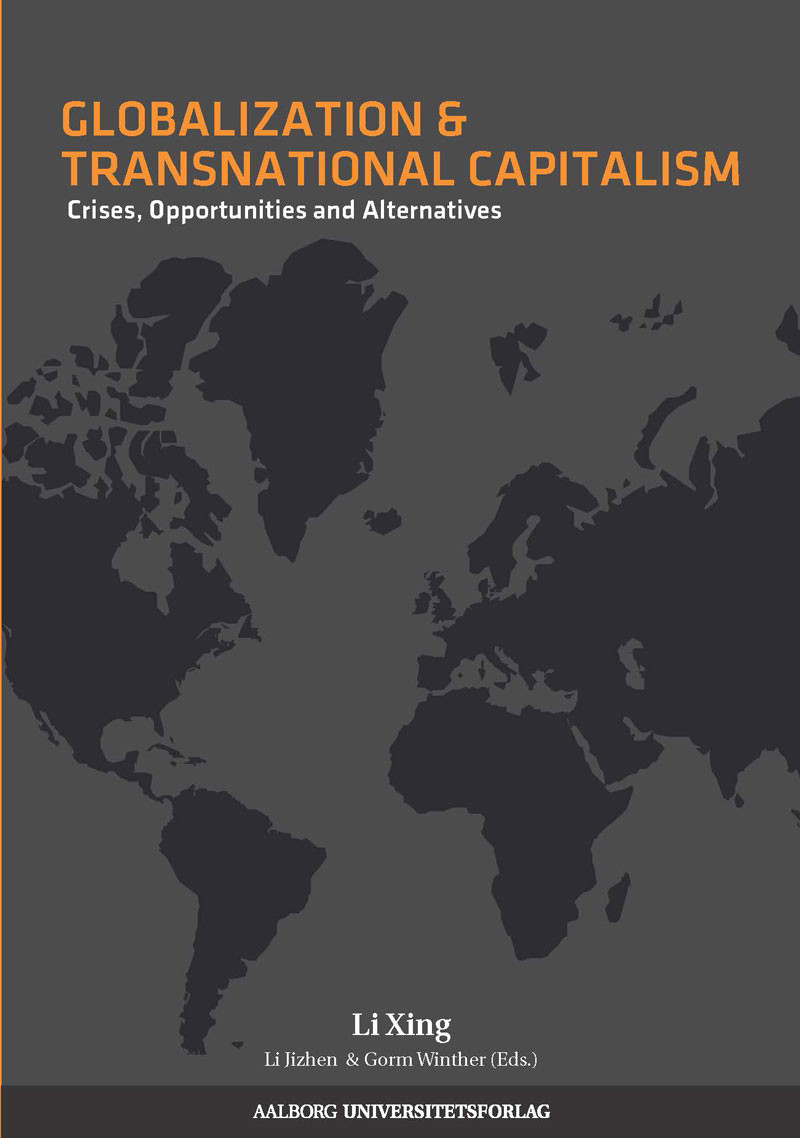
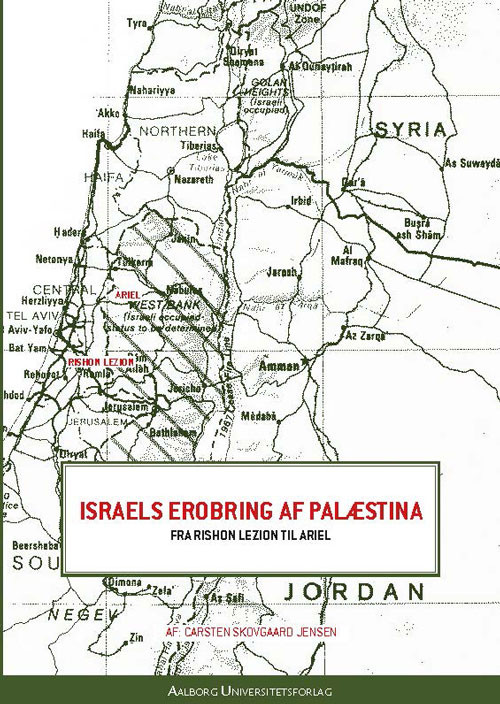
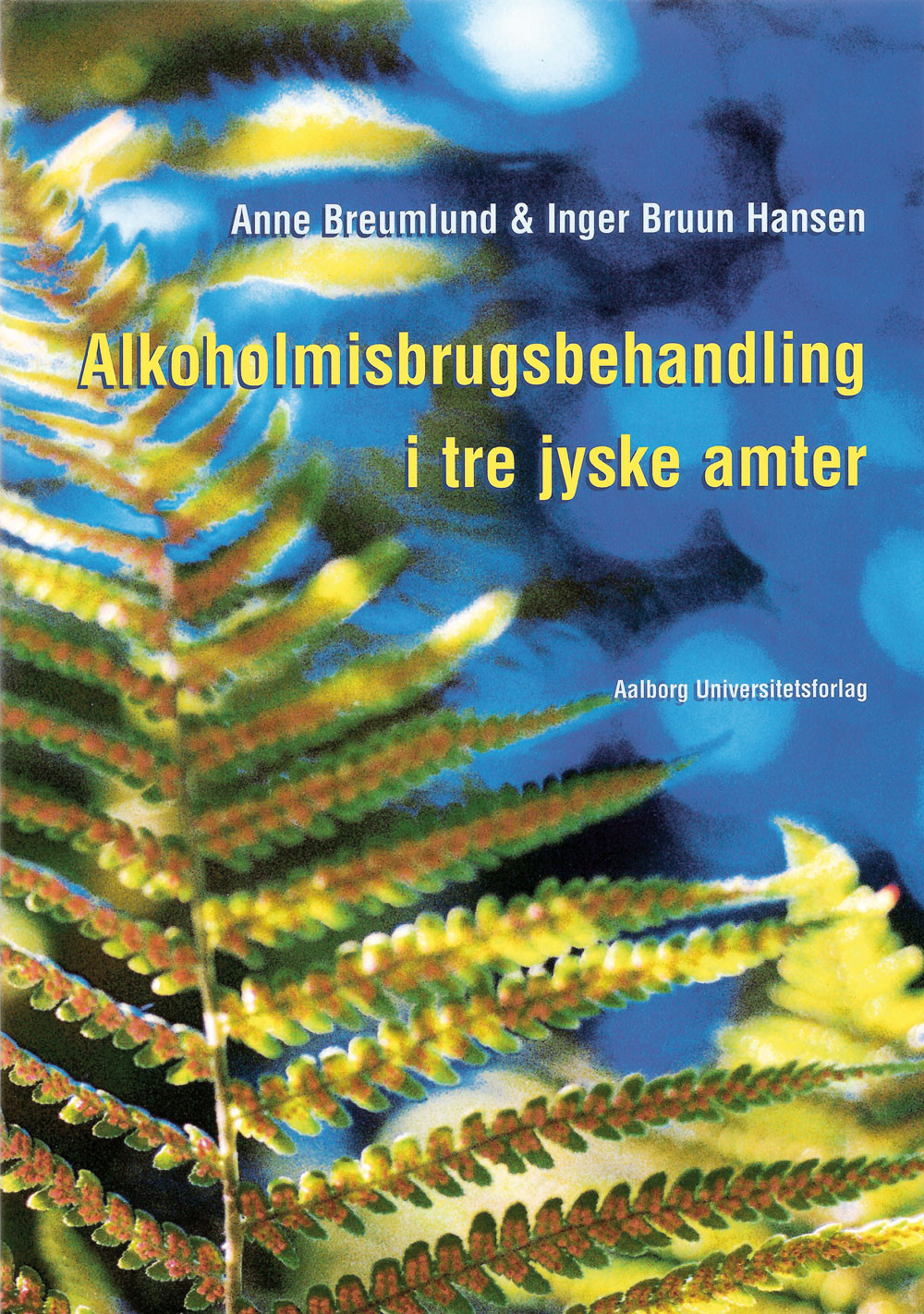
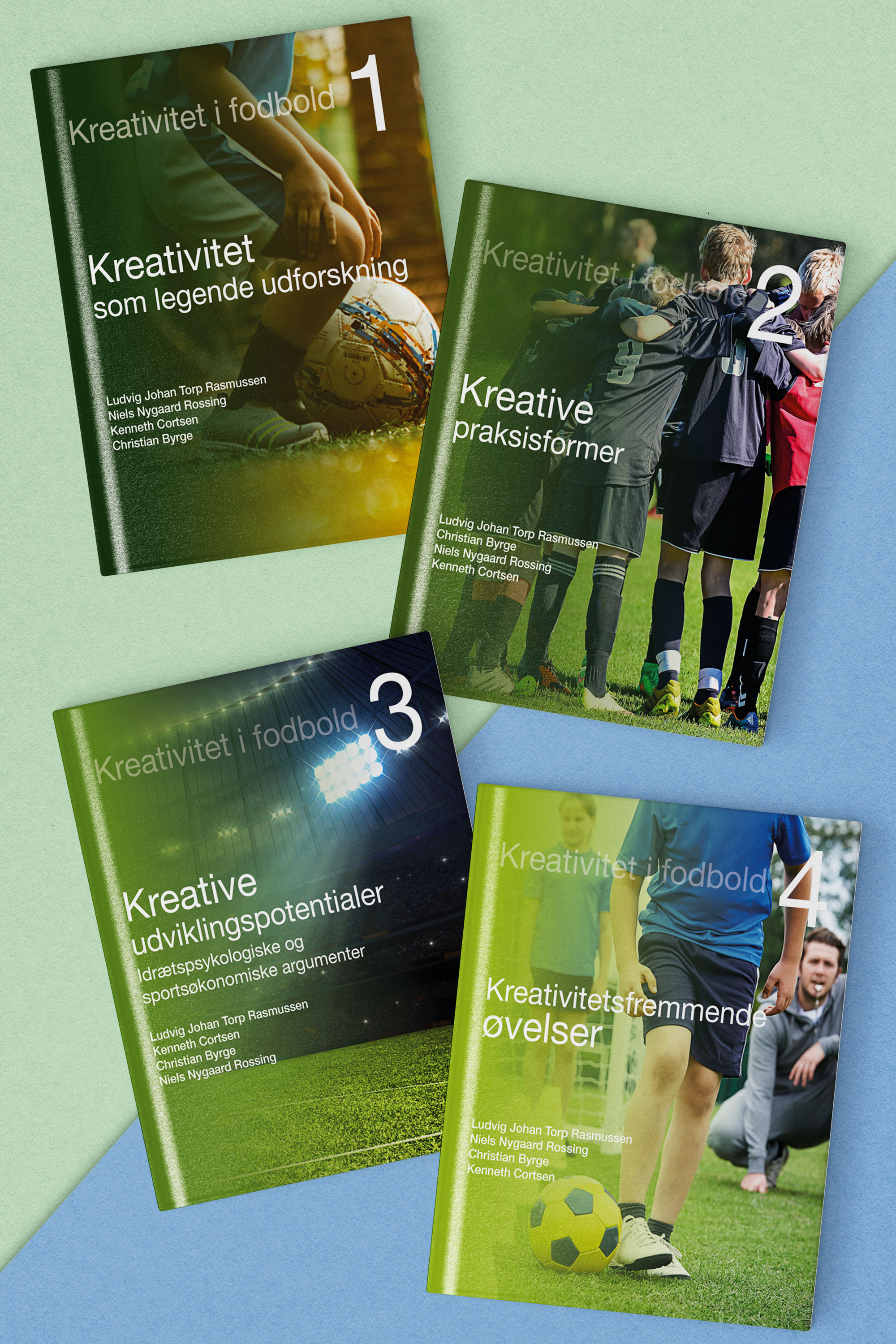
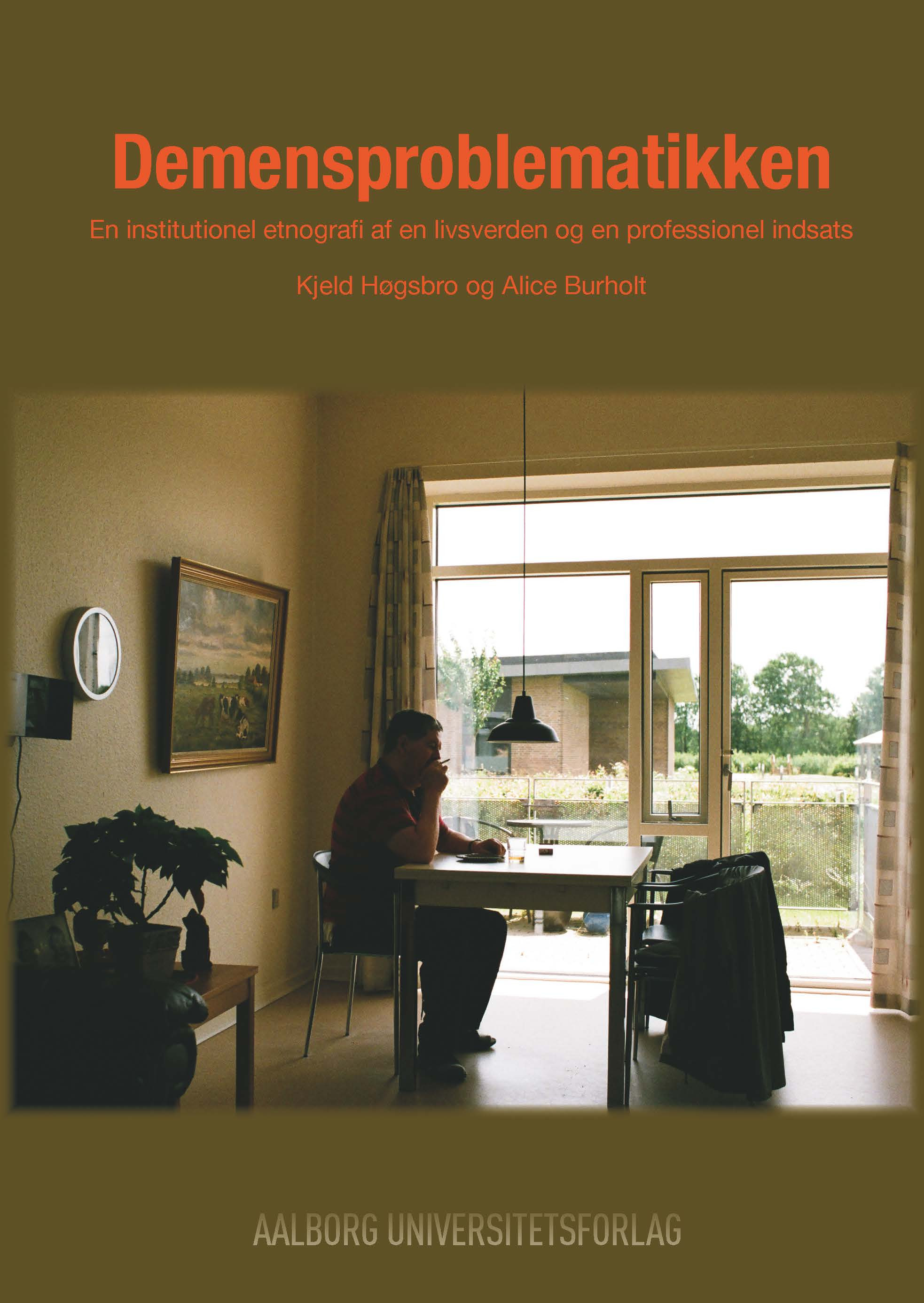
-public.jpg)
